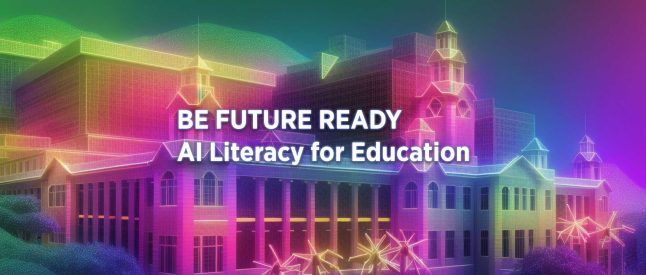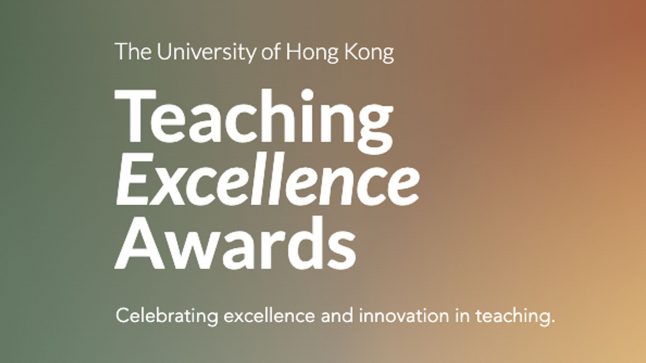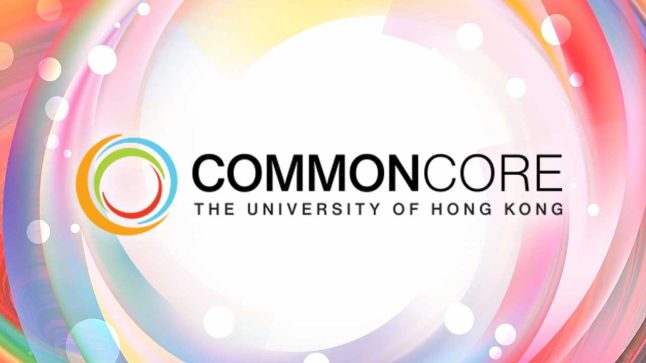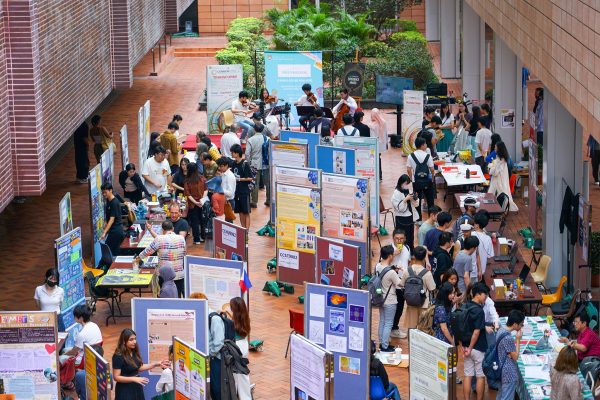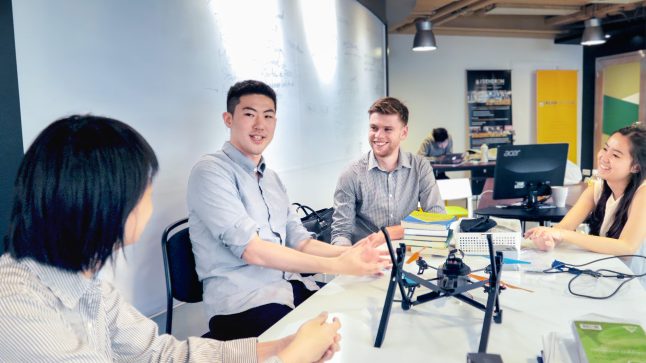With the rerun of Hong Kong Cinema Through a Global Lens, the course team decided to bring the discussion of cinematic culture back into a cinema once again. Professor Gina Marchetti, Dr. Aaron Magnan-Park, Dr. Stacilee Ford and over 30 Hong Kong movie fanatics gathered at the Broadway Cinematheque in Yau Ma Tei on September 9, 2017 to “look at how Hong Kong is defined by world cinema and how it pushed back against those definitions.”

Globalization is one of the most important messages that the course team wants to highlight throughout the 6-week course. Through examining Hong Kong movies, the course team would discuss the triangle relationship between Hong Kong, Hollywood and mainland China, and how Hong Kong movies are digested and defined in Europe, particularly through film festivals like Cannes or the Venice film festival. Learners can expect to learn not only about Hong Kong films, but “what global issues are involved in Hong Kong cinema.”

Among the audience were some that had experienced the golden age of Hong Kong film industry. With vivid reminiscence of the good old times, one audience member wondered why Hong Kong movie productions of these days cannot seem to match the quality in the past. Professor Marchetti explained that over the years, the Closer Economic Partnership Arrangement (CEPA) has made it much easier for Hong Kong filmmakers, primarily producers and directors, to make films in mainland China. As a result, filmmakers found it “much more lucrative to make movies across the border.” However, Dr. Ford reminded the audience that “even if people are critiquing the film industry from an aesthetic standpoint or arguing that it has had to sell out to the mainland, as a historian these films continue to do really, really important work.”
 The course team was joined by over 30 Hong Kong movie fanatics
The course team was joined by over 30 Hong Kong movie fanatics
Let’s see what the course team shared on each week of the MOOC:
Week 1: Jackie Chan
“Wonderful example of what Jackie Chan is known around the world for: spectacular stunts, timing, Martial Arts choreography…death defying…high wire [acts]. [They are] amazing and recognized around the world.”
Week 2: Bruce Lee and the Global Kung Fu Craze
“For so long, Bruce Lee was the only non-white superstar. People who are used to seeing Hollywood action stars always being white men, they could finally see someone that was like them, not white. Even with Caucasians, they saw in Bruce Lee something as an alternative to the dominant ideologies that we were getting about masculinity.”
Week 3: Melodramas of Migrations: Mabel Cheung Yuen Ting’s An Autumn’s Tale
“There is this proud tradition of women filmmakers telling…or building on their own stories in particular ways and it opens up the conversation of US history as well as global history…. The discussion of identity is not just about politics, it is about survival, it is about storytelling, it is about history.”
Week 4: John Woo’s Heroic Bloodshed Films: Hong Kong vs. Hollywood
“The triad films of John Woo emphasize this idea of friendship, especially this kind of an unexpected friendship because John Woo’s gangster triad assassin becomes best friends with a police inspector. Technically they’re on opposite sides of the law, they should never become friends, but they share a kind of a chivalric ethos that they recognize in each other and so they bond as friends that way. The argument I make is through these triad films we have the possibility of recreating Confucian virtue in Hong Kong society from the bottom moving up. As long as Confucian friendship remains, the Confucian virtuous project and social harmony still has a chance to happen in Hong Kong.”
Week 5: Hong Kong on Postmodern Screens: Infernal Affairs
“To just give you a little idea of something else that makes the MOOC unique is the fact that we had the opportunity to talk to many of the filmmakers who actually produce these films. I was lucky enough to speak with Andrew Lau about the making of the film.”
Week 6: Hong Kong Cinema as World Cinema: In the Mood for Love
“Now when we look at In The Mood For Love, in the film, I talk quite a lot about not simply the chemistry between Maggie Cheung and Tony Leung but also about the way in which it reveals a certain understanding of Hong Kong’s position in the world, not just in the 1960s when it is set, but also in the years following the handover.”
Sign up for the course here to learn more.

